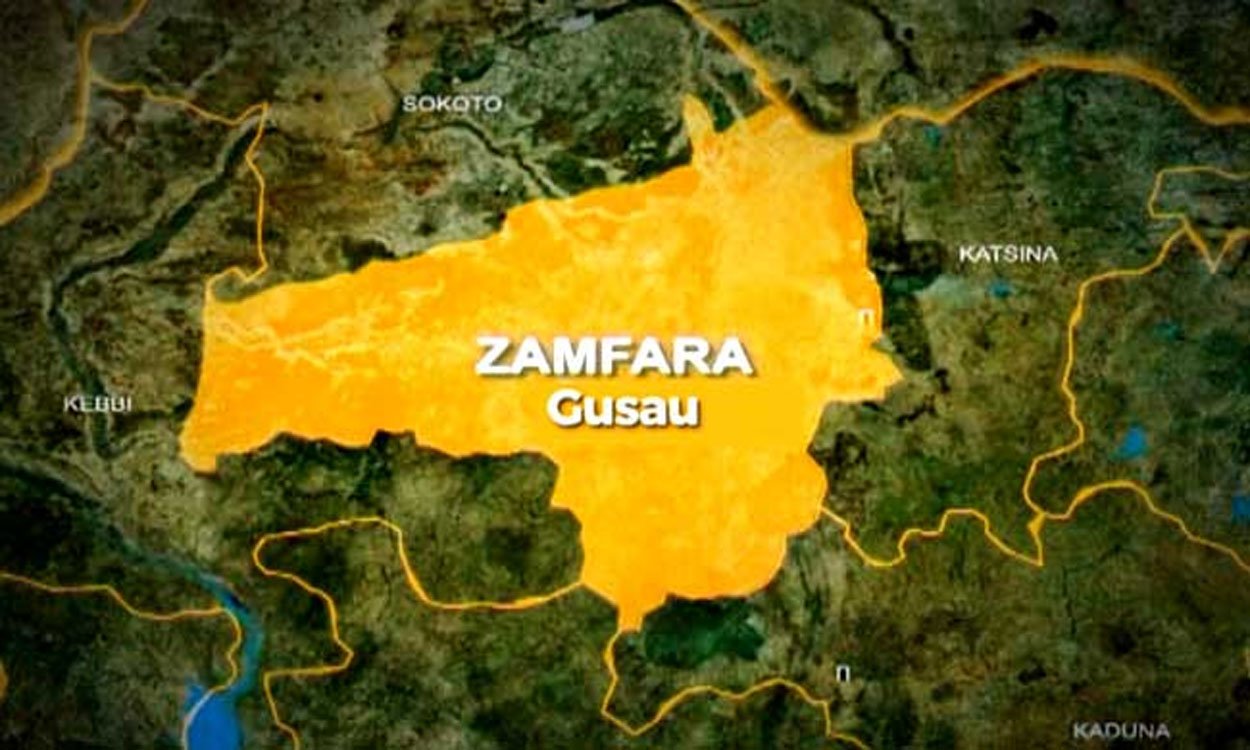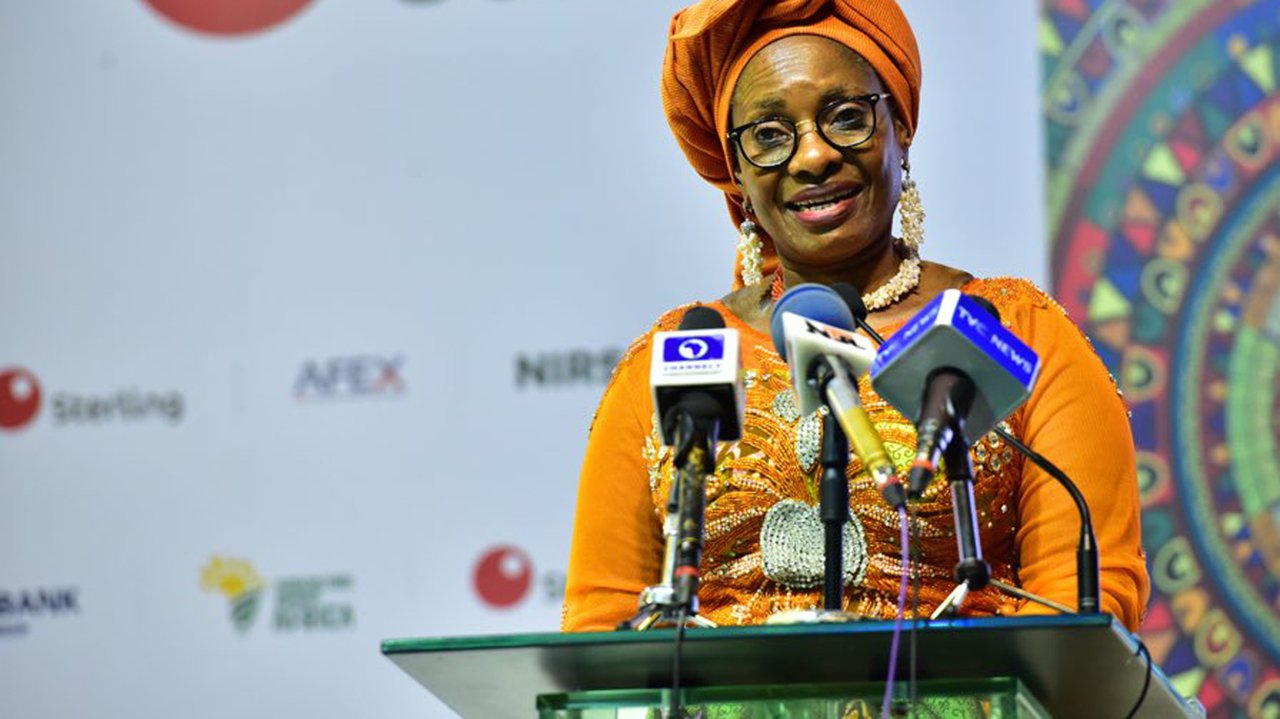The Nigeria Labour Congress (NLC) and the Trade Union Congress have tackled the Zamfara State government over the non-implementation of the N30,000 minimum wage.
They spoke after a closed-door meeting that lasted for several hours, during which they expressed dismay over the State government’s snail speed and lack of political will towards implementing the N30,000 minimum wage.
This was contained in a press statement jointly signed and issued to newsmen in Gusau, the State capital by the Acting secretary of the State NLC, Comrade Ahmed Abubakar and the TUC Secretary, Comrade Sani Mohammed Sani Kwotorkwoshi.
“Everybody knows the economic hardship the civil servants are facing in the State, that alone is supposed to have made the State government to have pity on them,” they stated.
According to the statement, the tripartite consultative meeting between the two labour unions and the representatives of the Zamfara State Government, which lasted for hours, took place at the office of the State Head of Service in Gusau.
“The two labour centres (TUC/NLC) appreciated and commended the effort of the State government by implementing the workers’ promotions across the State and hoped that the gesture will be maintained.
“The two labour centres also welcomed the idea of seeing how the issue of annual increment will be automated, this indeed shows how positively the government is committed on that regard.
“The two labour centres (NLC/TUC) were made to understand that either the government’s representative are not reporting to the government the true picture of the situation or the government is acting deliberately to deny workers their right,” the workers said.
The statement, however, noted that the leaders of the two labour centres (NLC/TUC) made it categorically clear and known to the government’s representatives that the implementation of the N30,000 must be possible because it has since been approved constitutionally.
“To this effect, the two labour centres (NLC/TUC) are left with no option than to solicit and proceed on consultations with the State Executive Council (SEC) and critical stakeholders to ensure the best way to achieve and ensure its implementation,” they added.






2 Comments